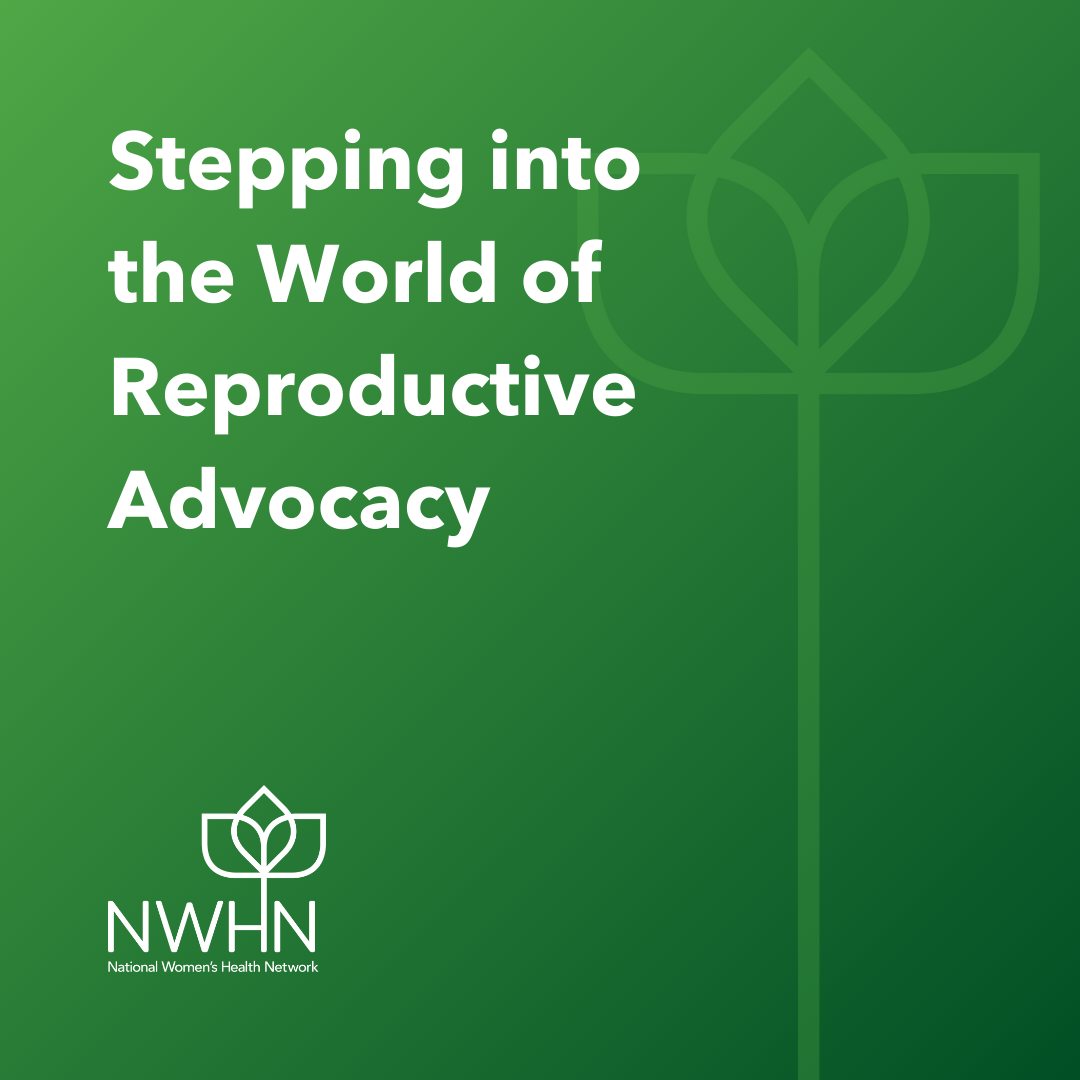
Policy Updates
Stepping into the World of Reproductive Advocacy
July 23, 2024
Insights and Inspiration from my NWHN Internship As an undergraduate studying public policy and global health, my internship at the National Women’s Health…

Deep Dive Articles, Policy Updates
Publication Date: March 26, 2024
By: Raaya Alim


